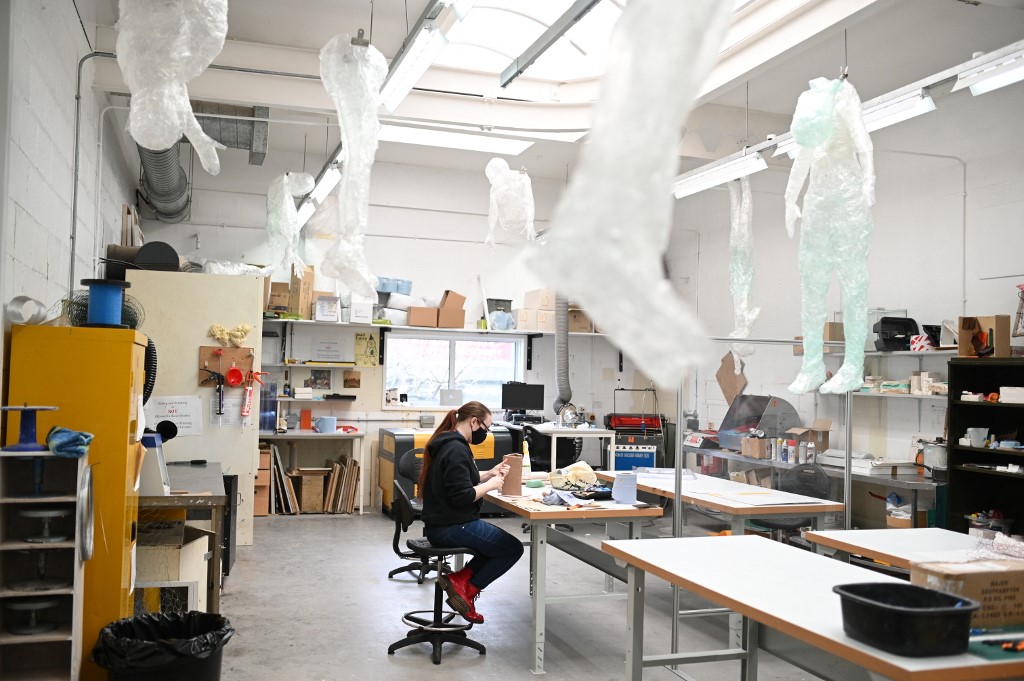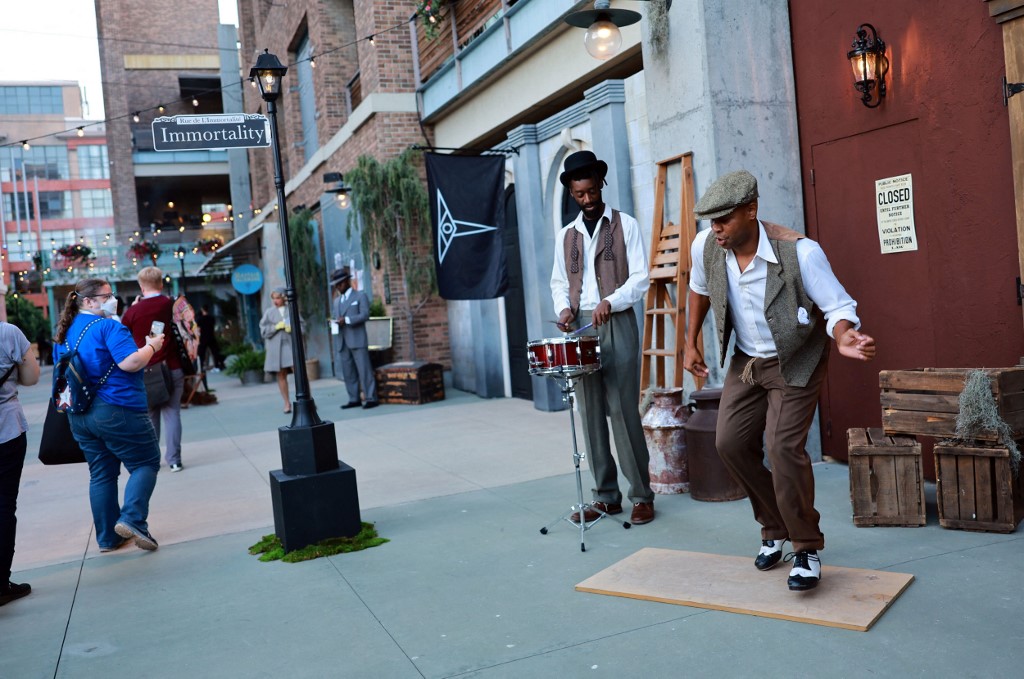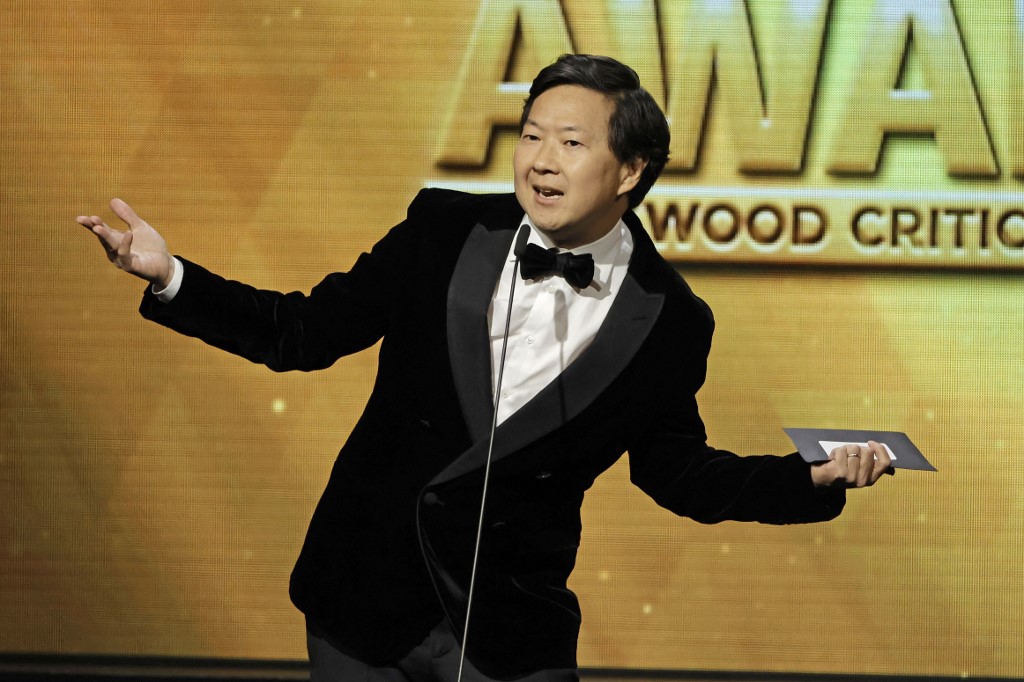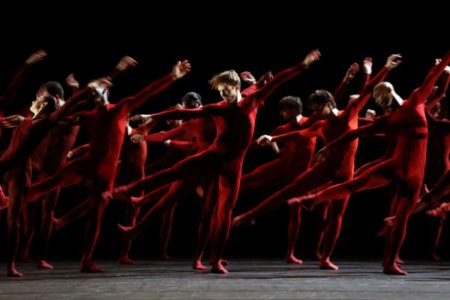
So, you’re on the verge of finishing high school – or probably already finished, in which case, congratulations! – and now you’re like, “What now?”
It’s totally cool not to have it all figured out right now. Some students take up certain majors and programmes with salary potential in mind, while others choose to study what they’re passionate about.
They’re clear about what they want to do with life.
But to some, the burning question is: BA vs BSc – which to take?
Most students struggle with making this decision for many reasons.
You may worry about making the wrong choice, face pressure from friends and family, switched interests, or are simply overwhelmed by the many options out there.
If this is you, we’re here to help.
Let’s break down the considerations that might lead a student to choose between a Bachelor of Arts (BA) and a Bachelor of Science (BSc) programme.
The major differences between BA vs BSc degrees
Don’t be misled by the labels “arts” and “science.” What exactly are they in the first place?
A BA is a degree that covers standard general education requirements while allowing students to specialise in an area of interest.
From digital illustration to journalism, fine arts or music, a BA degree is one of the most flexible paths anyone could consider for their future.
Those taking a BSc will be diving deep into science, technology, or engineering.
In addition to general classes, students will take specific courses in subjects like tech, science, maths, medicine, and engineering.
Both paths open up a myriad of possibilities, and it’s up to students to choose what they want.
Your choice of programme is important. It affects things such as university choices, career paths, and even postgraduate study options.
Every student should consider several aspects, such as:
- Academic strengths and weaknesses
- Personal skills and interest
- Ideal career path after graduation
Think about this – the programme you choose will probably take up to three to four years, and it could shape your job for many years.
It’s important to go for something you’re genuinely interested in rather than just picking a degree because it seems easy or promises more money.

A science student in a workshop. Source: AFP
There are other reasons students find it difficult to choose a programme – some may not have had ample opportunities for self-discovery during high school.
They may have had little chance to explore their interests, strengths, and passions.
Choosing a programme becomes a challenging task if we don’t know ourselves well.
Plus, some students may lack clarity about the career paths associated with specific majors.
Uncertainty about the job market and potential career trajectories can make committing to a particular field of study challenging.
Someone pursuing a medical degree may aim to become a surgeon but don’t know that they could specialise and become an anaesthetist or pathologist.
They could also take the academic route and become a researcher or lecturer.

Actors and performers at the Anne Rice Immortal Universe Experience. Source: AFP
BA vs BSc: Which is more expensive?
Of course, we cannot deny that the cost of university can be rather steep.
While some countries have financial aid for students, most students grapple with the daunting reality of student loans, which they may carry with them until graduation or longer.
For those without loans or aid, they have to rely on their family.
This is the reality for many international students, whose parents give up their retirement savings just so their children get to study abroad.
Hence, some students may hesitate to choose a programme that aligns with their passion if they perceive it as having limited financial returns.
It’s undeniable that a substantial salary or a high job demand is what most people aim for.
If you’re from a more traditional family – Asians, the classic example – you might be pushed to become a lawyer, doctor or engineer, as those are high-paying industries.
You may even have heard people saying that creative arts doesn’t pay well — or at all.
While it may be your family’s dream for you to join their distinguished line of doctors and STEM majors, it may not be right for you, especially if you enjoy something like journalism, game design or theatre.
“BA vs BSc, which is better?” is an age-old question.
Leonardo da Vinci once said, “To develop a complete mind: Study the science of art; study the art of science. Learn how to see. Realise that everything connects to everything else.”
If there’s one thing to know, it’s that there are truly no degrees that are better than others.

Display at the British Museum. Source: AFP
The history of BAs and BSc degrees
Once upon a time, all undergraduate programmes – regardless of their specialisation – were considered a Bachelor of Arts.
It started in 1231 when the University of Paris awarded its first-ever bachelor’s degree.
During that time, students had to graduate from the lowest-ranked Faculty of Arts before being allowed to join one of the higher faculties of medicine, law, and theology.
It was only in 1860 that the University of London started offering a wider choice of subject matters through Bachelor of Science degrees, a move that the world quickly caught on to.
Historically, schools taught what the society around them needed.
For the ancient Greeks and Romans, the liberal arts were the highest possible expression of the human mind and the core of building their empires. In ancient China during the Xia dynasty (c. 2070–c. 1600 BCE), aristocratic education focused on rituals, literature and archery.
But here’s the thing: arts and science have always gone hand in hand:
- Leonardo da Vinci, with his paintings and interests in human anatomy, astronomy and engineering.
- Actress Hedy Lamarr pioneered the technology that formed the basis for WiFi communication systems.
- Queen lead guitarist Brian May has a PhD in astrophysics from Imperial College London.

A photographer on Nickerson Beach. Source: AFP
Defining success beyond the books
Science and art have distinct goals: science aims to understand the world and solve problems like climate change, cure cancer or build new technology, while art seeks to evoke emotion and communicate through paintings, words, song and dance.
It’s time to broaden our perspectives — both majors deserve recognition.
A writer’s pen may not produce scientific formulas, but its impact is still significant in its ability to capture the nuances of the human experience.
There are individuals who have stood out in their craft despite pushback. Ross Draws is a successful concept artist and illustrator who made the Forbes 30 under 30 list in 2022.
He grew up as an imaginative only child, creating doodles and drawings for up to 12 hours daily.
As a kid, Ross’s dad discouraged his love of drawing, stating that he didn’t see it as a “real” career path.
Now, Ross makes over US$500,000 annually through his partnership with YouTube, along with his online shop and digital art boot camps.
An example of someone succeeding in something despite studying something completely different would be Sir James Dyson, creator of the famous Dyson vacuum.
He studied at Byam Shaw School of Art before venturing into studying furniture and interior design at the Royal College of Art.
In 1978, he grew tired of dealing with clogged air filters and worked to develop a cyclone particle collector for his factory, which he then adapted to home vacuum cleaners.
Despite his background in art, Dyson spent over five years creating more than five thousand prototypes, continuously whittling down his savings before he was satisfied with the final product.
Unfortunately, traditional vacuum cleaner makers showed no interest in his product and repeatedly turned him away.
Determined not to be discouraged, he sought a Japanese company that welcomed his product.
Today, the company is valued at over 21 billion pounds (approximately US$26.8 billion at the time of writing), with millions of products sold worldwide.

A model of Dyson’s vacuum cleaner. Source: AFP
While there is success to be found, it’s also a fact that both majors are still underappreciated in their fields.
For Ken Jeong, becoming an actor wasn’t in his books until his tenure as a licensed physician.
As a medical student at the University of North Carolina’s Chapel Hill School of Medicine, he had dabbled in theatre and improv, becoming a regular at open mic nights.
Upon completing his residency in New Orleans, the “Community” actor caught the eye of the entertainment industry and packed up to move to Los Angeles to begin more serious improv work.
In 2006, after juggling between sets as a comedian and shifts as an internal medicine physician, he made the full-time switch to a successful acting career.
Jeong still maintains his medical licence and has assisted with medical emergencies during performances and on-set.
Reportedly, he worked at a local hospital while acting just to earn enough to get by.
Of course, there’s no denying that the healthcare industry sees big bucks.
In the US, registered nurses earned a median annual wage of IUS$77,600 as of May 2021.
But with great pay and responsibility comes great stress – COVID-19 saw about 100,000 of the workforce leave due to burnout and fatigue.

Ken Jeong performing on stage. Source: AFP
Arts and science together make the world go round
As famously said in Pixar’s Ratatouille, “Anyone can cook.”
To be creative is to have the capability to create something new, and that ability is not exclusive to the arts.
Science is the same, but people call it “innovation.” Do away with the question of BA vs BSc and look at the bigger picture.
Pursuing the arts over sciences or vice versa isn’t the final nail in your coffin. You can dig this hole and lie in it or leave it too.
A quick Google search is all it takes to find the (very subjective) “best” or “highest paying” university programmes, but in a world that is prioritising accessibility, versatility and adaptability, it’s not strange to see that graduates are venturing outside their fields of study.
An education that comprises arts and sciences together is ideal, but don’t fret if you can’t find one for yourself right now.
After all, the world is still churning out new degrees even as you’re reading this.










